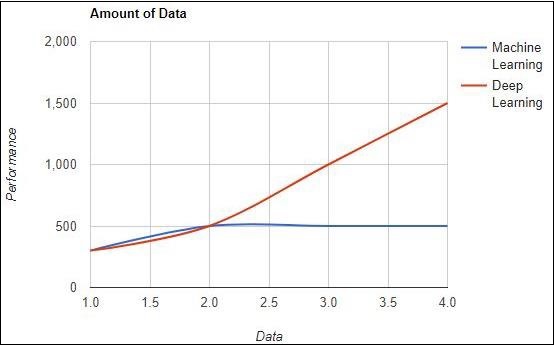
- PyTorch Tutorial
- PyTorch - Home
- PyTorch - Introduction
- PyTorch - Installation
- Mathematical Building Blocks of Neural Networks
- PyTorch - Neural Network Basics
- Universal Workflow of Machine Learning
- Machine Learning vs. Deep Learning
- Implementing First Neural Network
- Neural Networks to Functional Blocks
- PyTorch - Terminologies
- PyTorch - Loading Data
- PyTorch - Linear Regression
- PyTorch - Convolutional Neural Network
- PyTorch - Recurrent Neural Network
- PyTorch - Datasets
- PyTorch - Introduction to Convents
- Training a Convent from Scratch
- PyTorch - Feature Extraction in Convents
- PyTorch - Visualization of Convents
- Sequence Processing with Convents
- PyTorch - Word Embedding
- PyTorch - Recursive Neural Networks
- PyTorch Useful Resources
- PyTorch - Quick Guide
- PyTorch - Useful Resources
- PyTorch - Discussion
- Selected Reading
- UPSC IAS Exams Notes
- Developer's Best Practices
- Questions and Answers
- Effective Resume Writing
- HR Interview Questions
- Computer Glossary
- Who is Who
PyTorch - Machine Learning vs. Deep Learning
In this chapter, we will discuss the major difference between Machine and Deep learning concepts.
Amount of Data
Machine learning works with different amounts of data and is mainly used for small amounts of data. Deep learning on the other hand works efficiently if the amount of data increases rapidly. The following diagram depicts the working of machine learning and deep learning with respect to amount of data −

Hardware Dependencies
Deep learning algorithms are designed to heavily depend on high end machines on a contrary to traditional machine learning algorithms. Deep learning algorithms perform a large amount of matrix multiplication operations which requires a huge hardware support.
Feature Engineering
Feature engineering is the process of putting domain knowledge into specified features to reduce the complexity of data and make patterns which are visible to learning algorithms.
For instance, traditional machine learning patterns focusses on pixels and other attributes needed for feature engineering process. Deep learning algorithms focusses on high level features from data. It reduces the task of developing new feature extractor for every new problem.